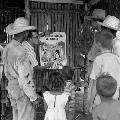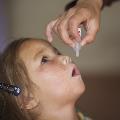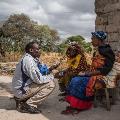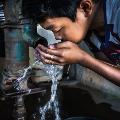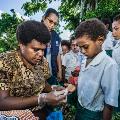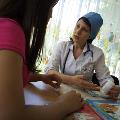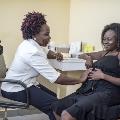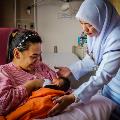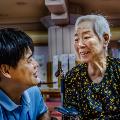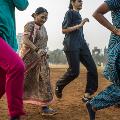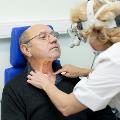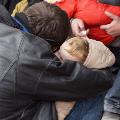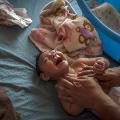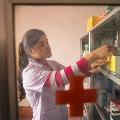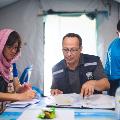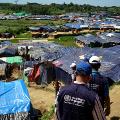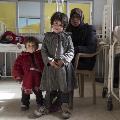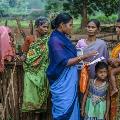SMALLPOX - Smallpox, a devastating contagious disease, was declared eradicated in 1980 following a global immunization campaign led by the World Health Organization. It is the only infectious disease to have been eradicated.

About WHO
Better health for everyone, everywhere
We are building a better, healthier future for people all over the world.
Working with 194 Member States, across six regions, and from more than 150 offices, WHO staff are united in a shared commitment to achieve better health for everyone, everywhere.
Together we strive to combat diseases – communicable diseases like influenza and HIV, and noncommunicable diseases like cancer and heart disease.
We help mothers and children survive and thrive so they can look forward to a healthy old age. We ensure the safety of the air people breathe, the food they eat, the water they drink – and the medicines and vaccines they need.
Who we are

WHO began when our Constitution came into force on 7 April 1948 – a date we now celebrate every year as World Health Day.
We are now more than 7000 people working in 150 country offices, in six regional offices and at our headquarters in Geneva, Switzerland.
What we do
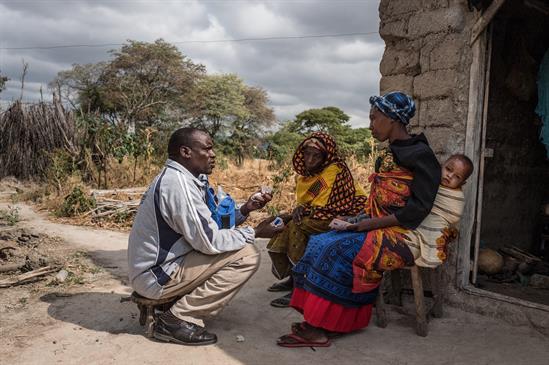
Our primary role is to direct and coordinate international health within the United Nations system.
Our main areas of work are health systems; health through the life-course; noncommunicable and communicable diseases; preparedness, surveillance and response; and corporate services.
Where we work
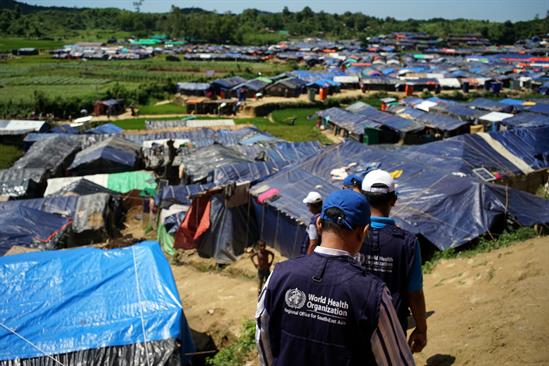
We support countries as they coordinate the efforts of governments and partners – including bi- and multilaterals, funds and foundations, civil society organizations and the private sector.
Working together, we attain health objectives by supporting national health policies and strategies.
How we are governed

The World Health Assembly is attended by delegations from all Member States, and determines the policies of the Organization.
The Executive Board is composed of members technically qualified in health, and gives effect to the decisions and policies of the Health Assembly.
Who we work with

Our core function is to direct and coordinate international health work through collaboration.
WHO partners with countries, the United Nations system, international organisations, civil society, foundations, academia, and research institutions.
Planning, finance and accountability
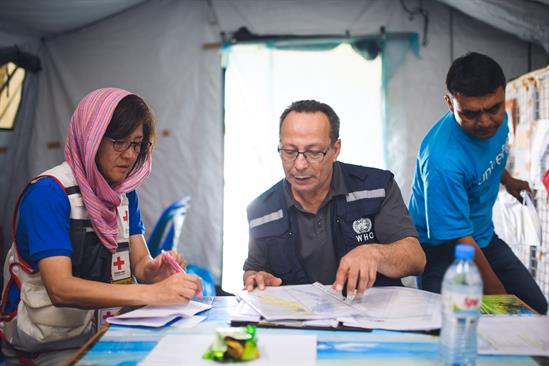
The General Programme of Work sets the framework for the financial resources and expenditures of WHO every five years.
Our programme budget portal is updated every quarter, and provides a breakdown of our work by categories, programmes and outputs.
Overview of our work







